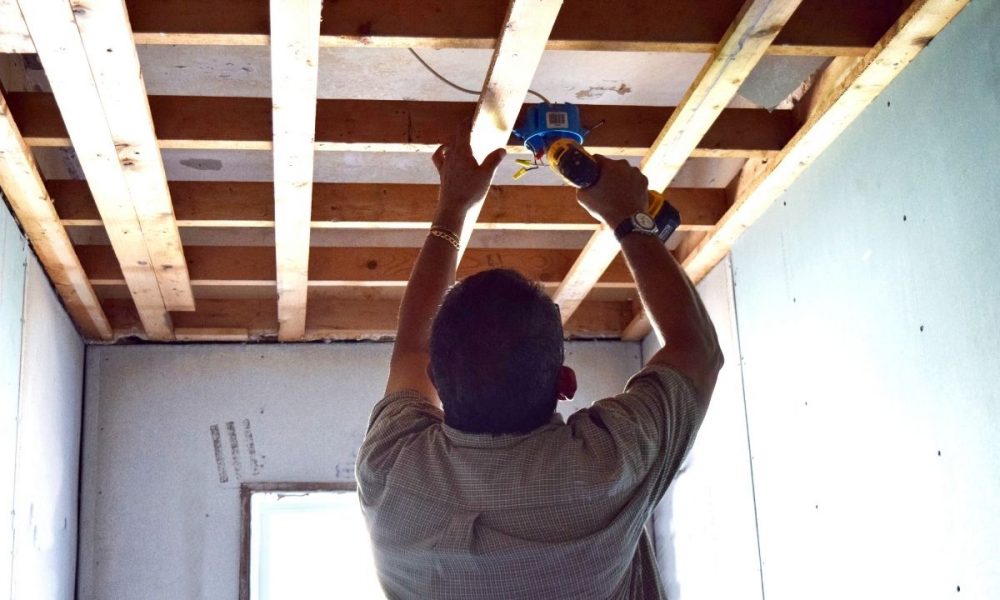Most of us have watched TV shows where experts enter a property and fix it up before selling it for a big profit. You may feel you could do the same if you had the capital to make your first property purchase and complete the repairs. This school of thought will usually hold you back from getting into the fix and flip business, but it does not need to. There are lenders known as hard money lenders on the markets who will help you get a loan to cover purchase and repair costs of up to 90 percent even if your credit is less than perfect.
What Is a Fix and Flip?
Almost everybody has seen a rundown house in our neighborhood and thought it shows a great deal of potential for being repaired. If you do not plan to buy a home and repair it for yourself to live in, you are thinking about a fix and flip. Usually, you will be hoping to buy a property for as little money as possible and complete the repairs needed before getting the home back on the market as quickly as possible for sale.
Funding a Fix and Flip
If you are setting out on your journey to complete a fix and flip project, you will not want to tie yourself down to a 15 or 30-year mortgage. You should look for a company like Lantzman Lending hard money lenders instead of a traditional mortgage provider. A hard money lender will provide you with a loan based on the chances of success your project is providing.
This is a tough part of the fix and flip industry because you will only be given a loan for the smallest amount of two possible calculations. These are the loan-to-cost ratio and loan-to-value. Loan-to-cost is based on the overall value of the cost of the project and loan-to-value is based on the projected value of the property after the project is completed. The smallest of these amounts will be used as the value of the loan you will be given for around 12 months.
Paying Back a Hard Money Loan
One of the problems facing the majority of those seeking a loan for a fix and flip project is the sheer size of the numbers associated with buying and repairing a property. The use of a hard money lender could make you feel more comfortable with your options because you will be faced with several choices about repaying your loan. Some hard money lenders will defer all repayments for qualified people who will not have to make any payments on their loan, as long as it is repaid within the 12 to 18-month period agreed.
Other options include providing only repayments of the interest involved with your loan over the 12-month period, with the remaining value of the loan repaid at the end of the 12-month period. If you are worried about not being able to repay your loan when the time comes, you will often have the chance to extend the loan by a further 6-12 months if you are struggling to sell your fix and flip property.
What About Bad Credit?
Bad credit has always been described as one of the main reasons why the majority of people do not take the step into the fix and flip industry. Among the differences between a traditional mortgage and a hard money loan is that the project is the focus of the hard money lender. When you are trying to get a fix and flip project off the ground, hard money lenders will want to take a look at your credit history, but if your business plan for your project is excellent, your credit problems will often be put to the side by a hard money lender.
Form an LLC
When you are looking to work with a hard money lender, you will often be asked if you are planning to form a Limited Liability Company for your project. The majority of hard money lenders will be looking to work with an LLC instead of a private person because they see this as less of a risk than dealing with an individual who takes sole control of a house-flipping project.

